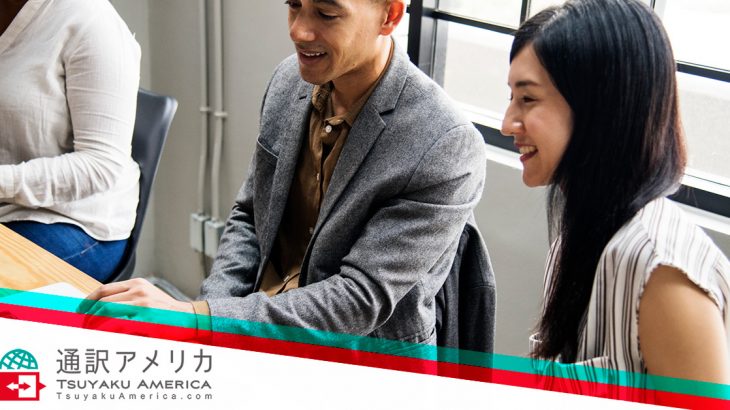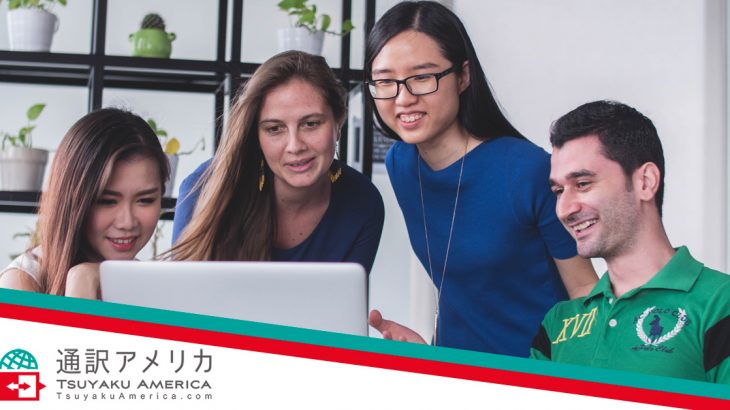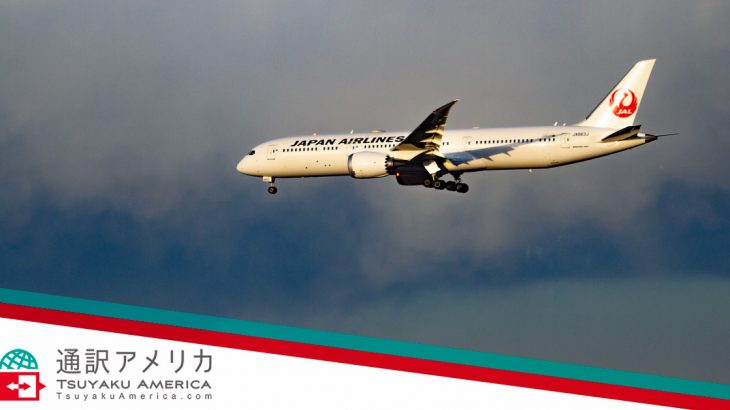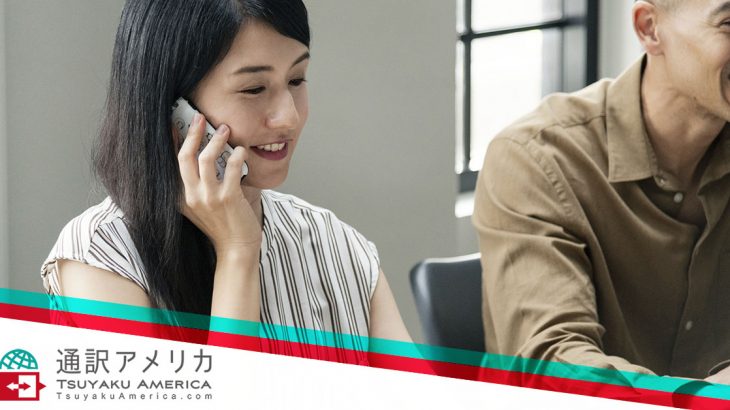If your company is entering the global market, then it is important that you’re prepared to handle the different customs and social norms around the world. Many businesses are interested in entering the Japanese market, but do not know how to navigate the expectations and norms of Japanese culture. In a previous post, we provided you with detailed information about exchanging business cards with Japanese business partners, how to arrange your seating, and more, so be sure to catch up on that information if you haven’t yet read it. In today’s post, we’ll continue to provide you with helpful information that will make your next business meeting with Japanese guests a success.
If you need a Japanese interpreter to assist you with an important meeting, then reach out to Tsuyaku America. We will find a professional Japanese interpreter who can help you with a meeting here in the United States or accompany you to Japan.
Maintain a Group Dynamic 
The United States is a highly individualistic society. Many families eat alone, watch television in separate rooms, and may not see each other every day. Japan, on the other hand, is a highly group-oriented culture that places great importance on the efforts of the collective rather than the individual. This is incredibly relevant when giving praise or recognition, as you could embarrass and/or offend a Japanese business partner by recognizing them individually instead of directing your attention to the group. Always do your best to maintain a group dynamic during your meeting, and defer to your Japanese interpreter if you need assistance navigating the cultural waters.
Avoid Hard Sells 
As a business owner based in the United States, you are most likely used to engaging in tough negotiations that would make the average person sweat. Convincing another person to enter a binding, high-stakes contract often involves putting pressure on them or using persuasive sales tactics, but in Japan, this will only make you seem pushy and impatient.
Instead of giving the other party a hard deadline or an ultimatum intended to get them to sign on the dotted line right then and there, try being gentle and data-driven in your presentation. We noted above that Japanese culture is highly group-oriented, and this is particularly important when your Japanese business partners have a big decision to make. Show them what you have to offer, but do not be too pushy in your approach. All of the people with whom you are meeting will discuss your proposal amongst themselves, and your character, demeanor, and whether or not they can see a long-term relationship developing with you will all be considered. Situations like these are the ideal time to have a professional Japanese interpreter in your corner.
How to Address Your Japanese Guests 
In American culture, we all refer to each other by our first names. Occasionally, we may address a very senior executive by his or her last name, such as Mr. Smith. In Japanese culture, business or otherwise, people usually address each other by last name. Instead of a prefix such as Mr., Ms., Professor, or Doctor, “-san,” an honorific suffix, is added after the name. So, a person whose first name is Suzuki would be referred to as “Suzuki-san.” This suffix can be used for either males or females, and it is often used regardless of seniority — the intended purpose of the suffix is to address someone in a polite manner. So, a junior member of a company may address their boss as “Suzuki-san,” while the boss may also refer to one of their subordinates as “Tanaka-san.”
This suffix can also be used after a last name or a first name. The Japanese will often refer to American people by their first name, as they know this is customary in the United States, but they will also add “-san,” as in, “Mary-san.” Many Japanese people feel uncomfortable calling someone just by their first name, so they add the honorific “san” more out of habit than formality.
These are just a few of the many possible tips we can provide. We plan to continue this series in a third installment, so be sure to check back on our blog in the coming weeks. Tsuyaku America provides professional Japanese interpretation services that can make your next business meeting a success. Use our online contact form to request a quote, or get in touch with us at +1-866-543-0123. We look forward to working with you!


















